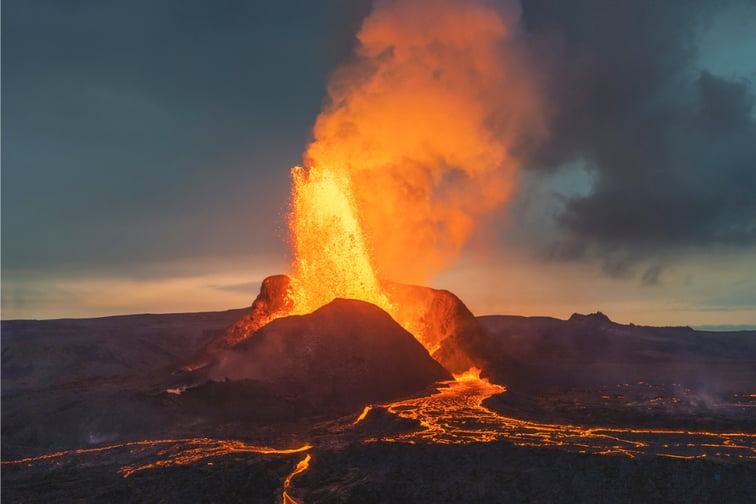

A research study funded by the Earthquake Commission (EQC) is seeking to make improvements on the way New Zealand agencies communicate and respond to volcanic risk.
Headed by Massey University associate professor Julia Becker, the researchers will investigate how agencies have communicated risk during times of inactivity, unrest, eruption and post-eruption in previous volcanic events in New Zealand and globally, to create an effective approach for future events.
“We want to learn from our previous responses and use our results to help improve New Zealand’s volcanic preparedness, resilience, emergency management and warnings,” Becker said. “Communication about such aspects is essential to inform decision-making and keep New Zealanders safe.”
While the study primarily focuses on volcanic risk communication, it will also delve into aftershock communication approaches that were useful to agencies and the public during the Canterbury earthquake sequence.
“We want to see whether communication for earthquakes could be transferable to a volcano context,” Becker said. “It’s clear that an integrated approach would help to understand the range of ways to effectively communicate volcanic risk and provide advice for decision-making.”
Becker’s team, composed of researchers from Massey and GNS Science, is one of 13 recipients of EQC’s 2022 Biennial Grants. The team will work with the Department of Conservation, local iwi and various agencies responsible for volcanic risk management in New Zealand, including Determining Volcanic Risk in Auckland.
“We’re funding this project as it fits perfectly with EQC’s vision to create better understanding of the natural hazards we face, and how we can better prepare for them,” said EQC research manager Natalie Balfour.
